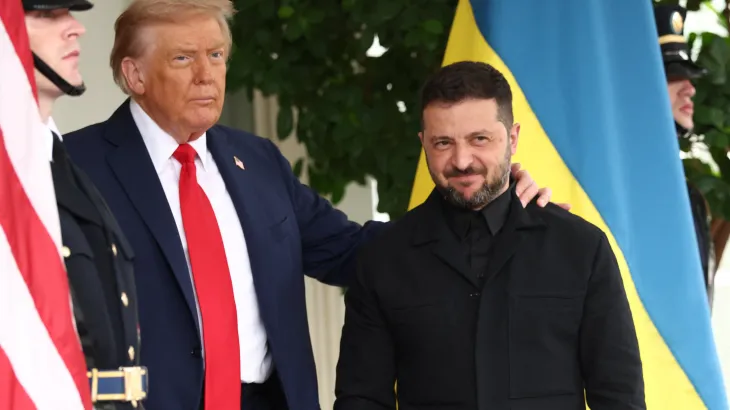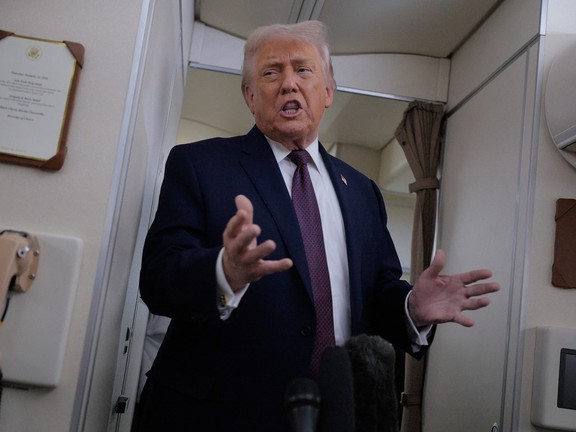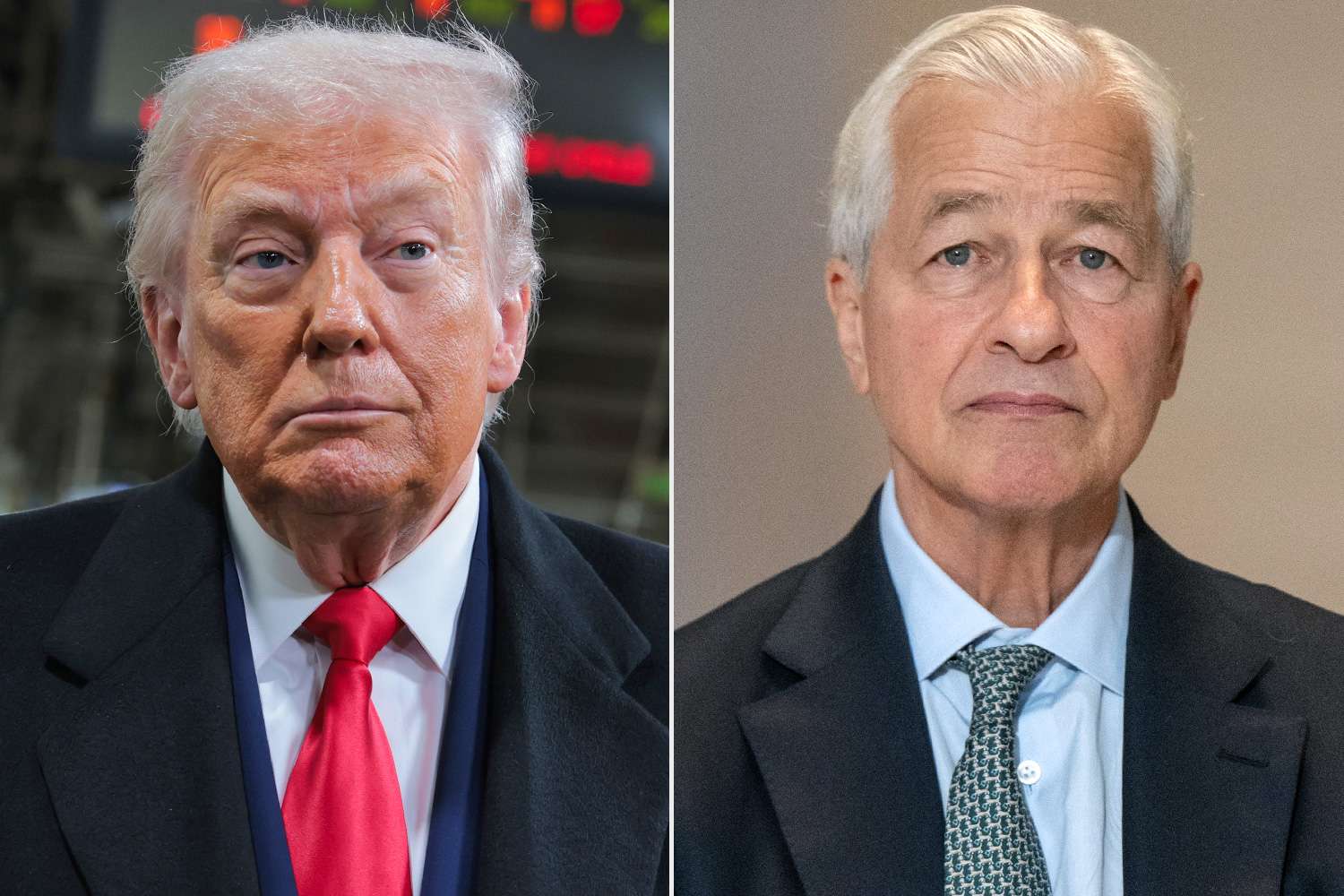Trump-Zelenskyy Meeting: US President Suggests No Need for Ceasefire

US President Donald Trump has hosted Ukrainian President Volodymyr Zelenskyy at the White House for high-stakes talks on the future of the war in Ukraine. The meeting, which lasted about 30 minutes before a press briefing, is expected to be followed by discussions with seven European leaders and a phone call with Russian President Vladimir Putin.
Ahead of the summit, Trump urged Ukraine to abandon its NATO membership ambitions and its hopes of regaining Crimea, which Russia annexed in 2014. The United States and most of the international community still regard the annexation as illegal.
Key developments from the White House meeting:
- Trump signals “no need for ceasefire”: In response to a question on possible sanctions or “severe consequences” against Russia, Trump said a ceasefire might not be necessary. “If you look at the six deals that I settled this year, they were all at war – I didn’t do any cease fires,” he said, suggesting he may pursue a direct settlement instead.
- Zelenskyy open to trilateral talks with Putin: The Ukrainian leader said he is ready for a three-way meeting involving Trump and Putin. “We are ready for trilateral,” Zelenskyy said, framing it as a path toward ending the war.
- Security guarantees on the table: Zelenskyy insisted Ukraine needs “everything” in terms of guarantees. He explained this would mean both strengthening Ukraine’s military capacity — with weapons, training, manpower, and intelligence — and long-term assurances from global powers including the US and its allies.
- Trump hints at possible US troop involvement: While declining to commit, Trump did not rule out sending American troops into Ukraine, further raising questions about a potential shift in Washington’s policy.
- US role in future security framework: Trump stressed that while Europe must remain “the first line of defense,” the United States would also be “involved” in providing security guarantees as part of a broader peace agreement.
- Trump blames Biden for the war: The US president repeated his claim that his predecessor, Joe Biden, was to blame for Russia’s full-scale invasion in 2022. “This isn’t my war, this is Joe Biden’s war,” Trump said, adding that he initially believed ending it would be “easy,” but has since found it a “tough one.”
The talks mark Trump’s most direct engagement on Ukraine since returning to office. Analysts say the emphasis on negotiations, rather than continued battlefield support, could signal a significant shift in US policy — one that places Trump at the center of a possible deal involving Kyiv and Moscow.



